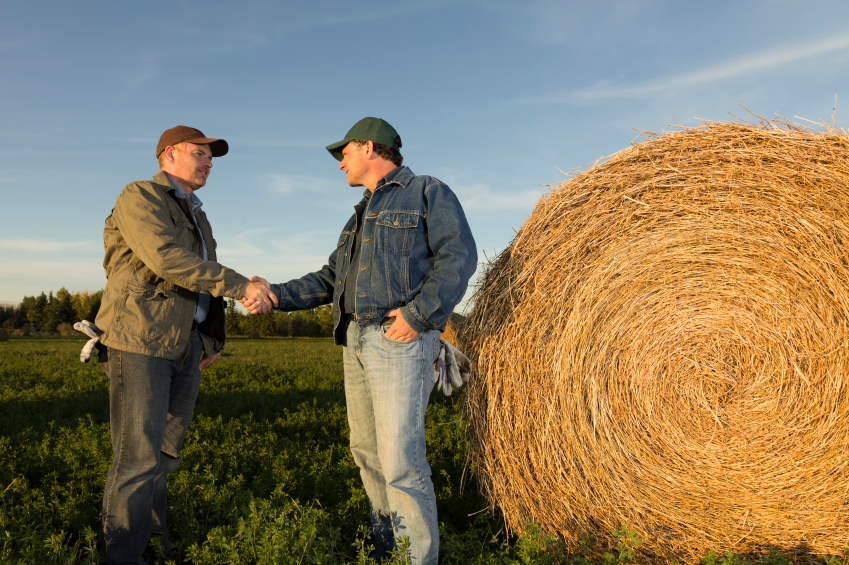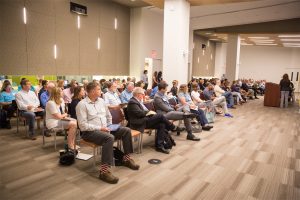Experts: focus on the positives when talking to conventional farmers about organic agriculture

When speaking with conventional farmers about converting to organic, the focus should be on positive aspects of organic and not criticisms of conventional agriculture. This was a key message at an educational session held at the Organic Confluences Summit held in Washington, DC in May.
Anders Gurda, senior manager, agronomy solutions at Pipeline Foods, says that it’s important to have a non-judgmental attitude toward conventional farmers, and that criticisms about the use of agricultural chemicals doesn’t work.
“You have to have inclusion and talk about the things we share. Be a big tent and offer organic as another option and not the only choice,” Gurda said.
He emphasized focusing on the benefits of organic agriculture when talking to conventional farmers. These benefits include higher premiums for organic crops, more financial stability, soil health, and research showing how organic farming helps revitalize rural communities.
Matt Helgeson, agronomy research and seed sales at Albert Lea Seed, also emphasized not passing judgment on conventional farmers.
“We sell organic, non-GMO, and GMO seeds so our business relies on those farmers. It’s about staying positive and offering choices,” he said.

The Organic Confluences Summit was held in Washington, DC in May
Matthew Dillon, director of agricultural policy and programs at Clif Bar, said that “strident” opposition to genetically modified crops and pesticides was having a negative impact on the progress of organics, particularly at agricultural universities.
“It’s on us why the universities haven’t accepted us. It’s a hard way to start conversations. What are our values and what are we trying to bring to the table if we point fingers? It’s not serving us right now.”
Kathleen Delate, professor and extension organic specialist at Iowa State University, said she was told by university officials to not speak about conventional agriculture.
“I was told that I can’t advocate for organic, but to just show the research and science,” she said.
Several speakers said there is a role for some non-profit groups to speak out about the hazards of pesticides and GMOs in conventional agriculture.
“I’m not saying we shouldn’t have people out there who are combative,” Gurda said. “There have to be revolutionaries who will take people to task.”
Thea O’Carroll, farmer and founder and CEO of Yield Organics, said there is a fine line to walk when discussing the downsides of conventional agriculture.
“For me it hits home because my father died of cancer. Pesticides are in the water. Some people are ready to hear about it and some people aren’t.”
Gurda agreed. “When I hear farmers say ‘I would like to have my kids in my tractor’ or that you don’t have to wear protective equipment (when spraying pesticides), you can lever that (to conversations about organic).”
But O’Carroll also said: “It’s really important on how we communicate. We need to respect people’s choices.”




